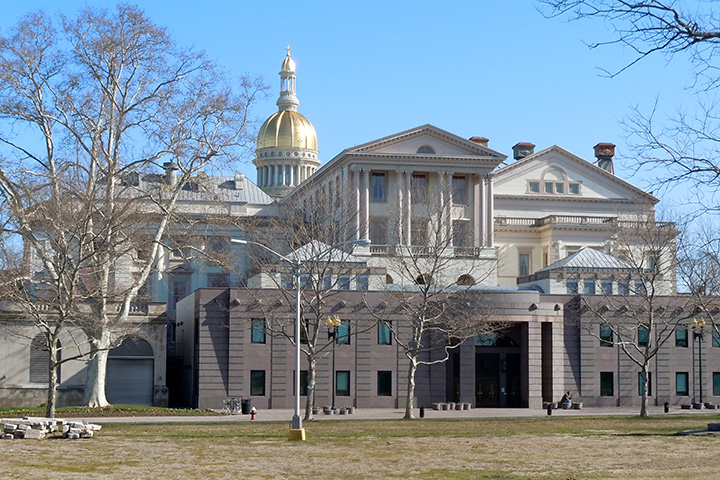With New Jersey’s 2.5% Cooperate Business Tax (CBT) surtax slated to end at the close of 2023, two state organizations released an infographic to help businesses better understand the levy and the additional tariff.
The New Jersey Business and Industry Association (NJBIA) partnered with the Garden State Initiative to outline what the CBT is and is not, the benefits of sunsetting the surtax, and dispel myths.
“In this age of misinformation, it is important to deal in facts and dispel erroneous rhetoric,” said Regina M. Egea, president of the Garden State Initiative.
Egea said the facts show that states that have executed business tax reform have experienced “more jobs, higher incomes and growing economies.”
Read more: NJDOL’s Return and Earn Program Expands to Larger Businesses
“Governor Murphy’s plan to allow the CBT surcharge to sunset as promised is an important first step to reviving our state’s economy,” Egea added.
Even after the surtax, New Jersey’s CBT will be 9%. Business groups like the NJBIA and others have acknowledged that they would like to see the tax go down further, following steps by other states.
They cite Pennsylvania’s plans to cut its CBT to 4.99% by 2031 in order to help foster a growing business economy in the state. They also point to North Carolina, which, after lowering its CBT, saw economic growth in areas such as employment rates.
“There is great importance in lowering the CBT for economic benefits, both for employers and employees and for New Jersey’s overall business competitiveness,” said NJBIA President and CEO Michele Siekerka.
The 2.5% CBT surtax was introduced at the beginning of Gov. Phil Murphy’s administration and affect corporations with over $1 million in taxable net revenue. The surtax is on top of state’s CBT rate of 9%, which is the fourth highest in the country behind Alaska, Illinois and Minnesota.
“We hear from the business community that allowing this surcharge to lapse will mean more money for them to create jobs, to invest in new and more efficient equipment, to lower costs to consumers, and to be able to stay here,” Murphy said in budget address last month.












